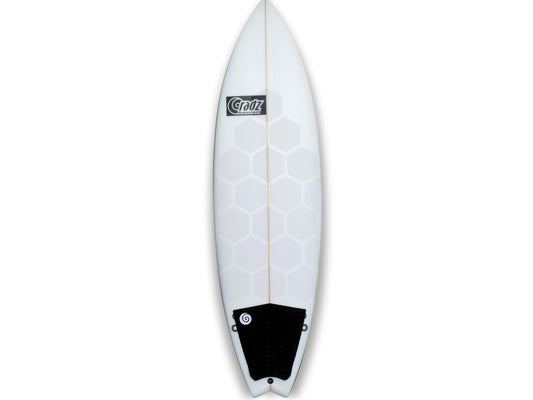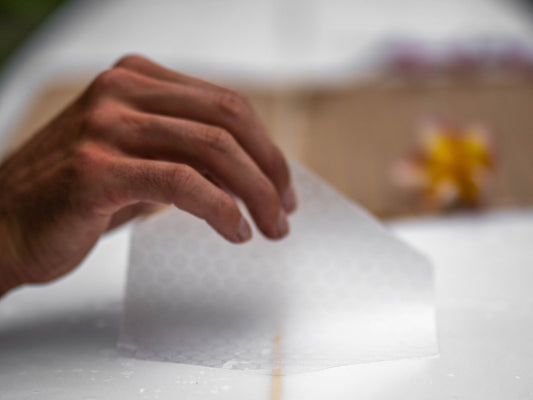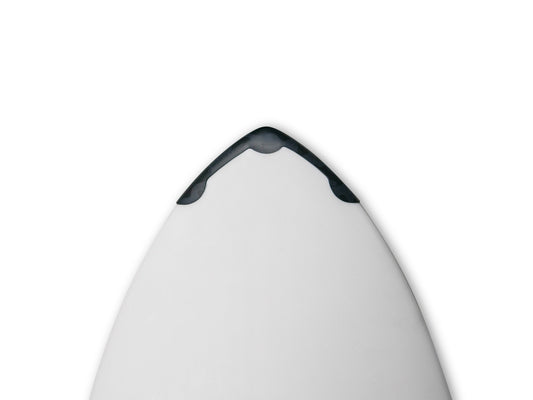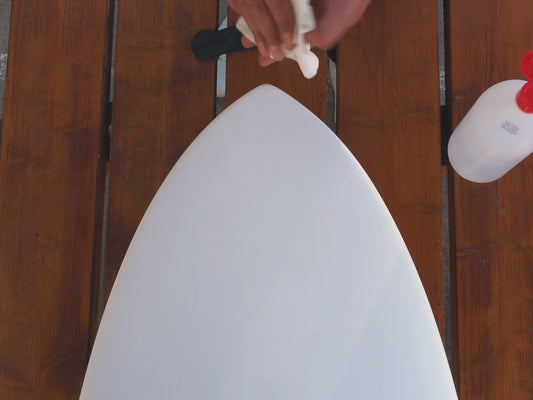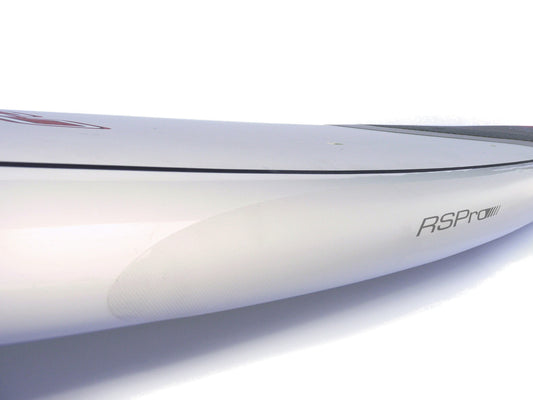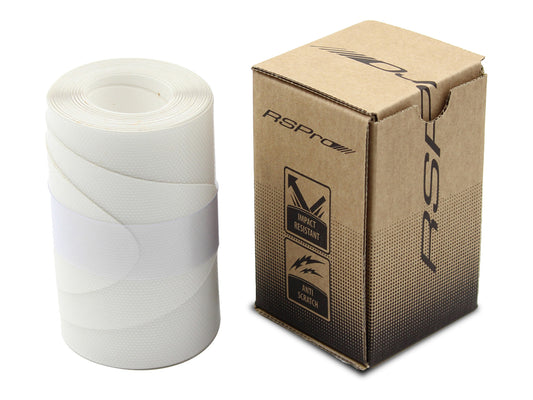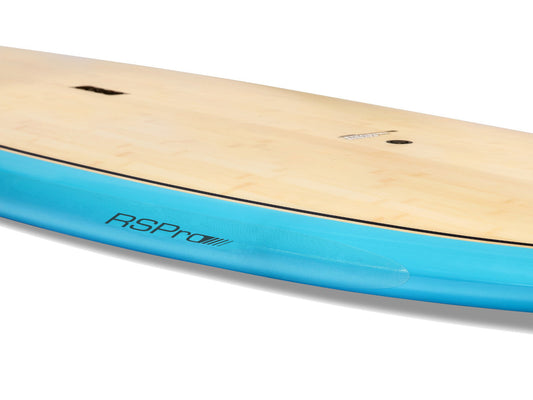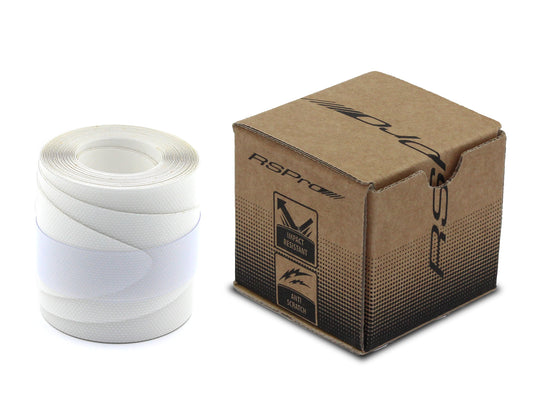Surfing a Different Planet: What Japan Taught Me About Soul, Style, and Identity
Alex MartinShare
What if surfing on another planet didn’t mean leaving Earth, but simply flying east?
RSPro’s media director, Aren Martin, recently returned from a trip to Japan—not in search of perfect waves, but something more elusive: fresh perspective. In this post, Aren shares his thoughts on the unique surf and skate culture he found there—deeply rooted, alive, and strikingly different from the usual narratives. His story isn’t about tropical perfection. It’s about something better: soul, identity, and the way Japan reinvents surf culture through its own lens:

We went to Japan looking for inspiration. I’ve always been a fan of their culture, even before it became a kind of global trend. We took the opportunity to shoot some content and connect with local surfers and athletes we work with, like Rikki Horikoshi and Masaharu Oishi.
One of the first things that surprised me was how, in the coastal areas, you can really feel that surf and skate culture are growing fast. Unlike in the West, where these sports come and go with the tides of fashion, in Japan they feel alive, present. There’s none of that tired narrative about “the OGs,” “the real ones,” or whatever other labels that have become exhausting. In Japan, everything feels fresher. Freer.

And no, it’s not a tropical paradise. Surfing near Tokyo is anything but idyllic: gray water, constant wind, and beaches where you’re battling more than 100 people for a mediocre wave. The water has that color somewhere between warm beer and wet metal. But—and this “but” really matters—the environment is something else.
Before you even hit the beach, you’re already immersed in a completely different experience: towns wrapped in outrageously lush greenery, surf shops designed with obsessive attention to detail, narrow streets lined with colorful, picturesque buildings that look like they were pulled from a seaside anime. Everything strikes that balance between tradition and modernity that only Japan seems to get just right.

And that’s where the magic is. The waves might not be epic, but everything else is. It’s like another planet picked up a signal of what surf and skate culture are supposed to be—and rebuilt it from scratch with their own sensitivity, aesthetics, and obsession for detail. A kind of cultural “broken telephone” effect that doesn’t distort, but reinvents.
In many ways, their vision of surfing feels more authentic, more original, more interesting than many of the classic spots. Not because it’s technically better—but because it has soul. It has identity.
Simply Japan.
— Aren Martin

